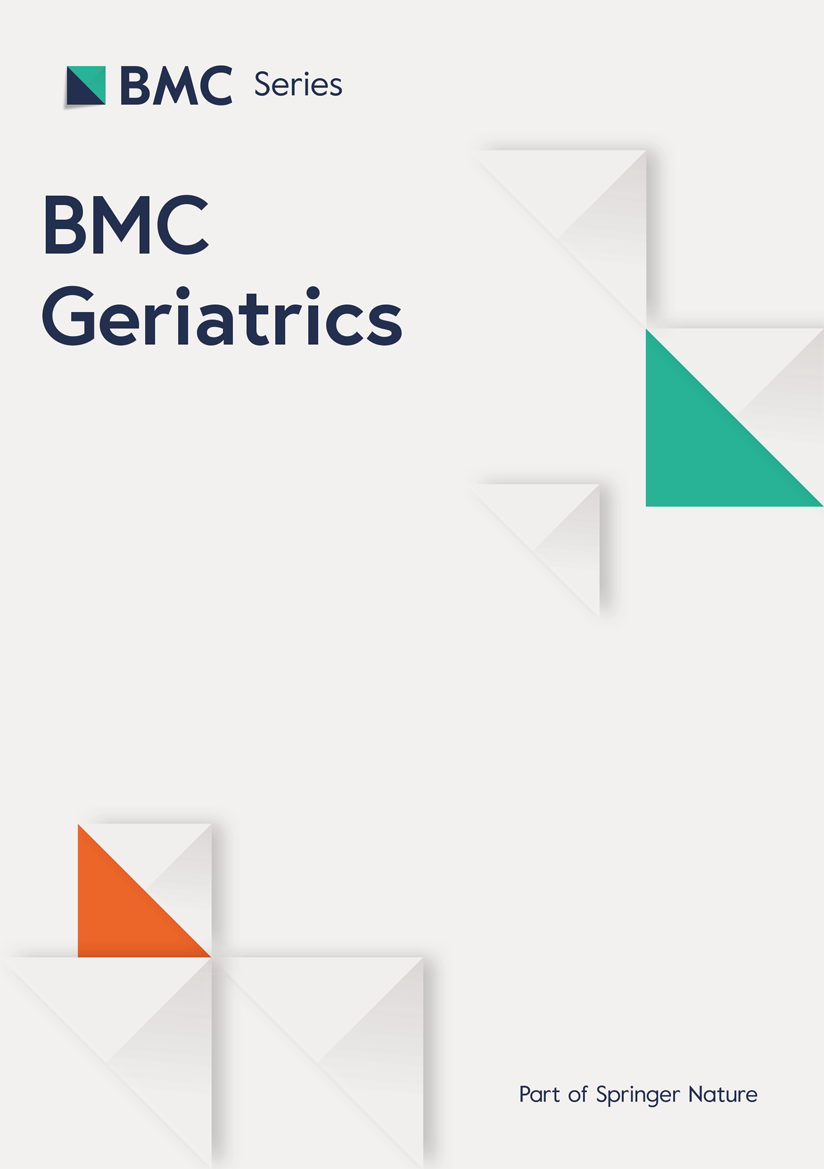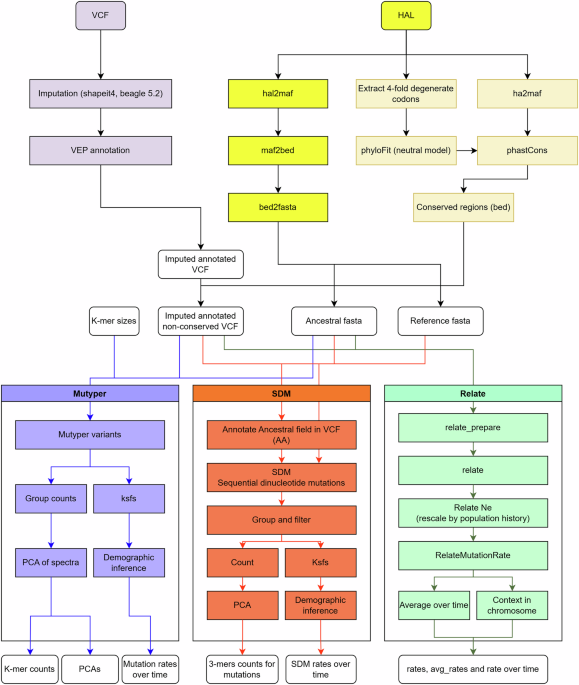Nigeria wins first round in bid to overturn UK judgement on US$15 million fine
The Nigerian Government has won the first round of its bid to set aside a 2018 default judgement involving a $15 million fine against it in favour of Louis Emovbira Williams, a British-Nigerian businessman.
The government and Clement Akpamgbo, the country’s attorney general between 1991 and 1993, had asked a London high court to overturn the judgement and the penalty “on the ground that the judgment was obtained fraudulently.”
Mr Williams, in reaction, applied to have the claim struck out, saying it amounted to an abuse of process and that the move “is a collateral attack on previous judgments of this court.”
In a copy of the approved judgement circulated to parties on 30 April 2025 and seen by PREMIUM TIMES, Justice Henshaw of the High Court of Justice, Business and Property Courts of England and Wales, King’s Bench Division Commercial Court, London stated that Mr Williams argued that the allegations of fraud made by the claimants were well known by 2012.
The judge noted that the defendant maintained that the claimants failed to plead the allegations of fraud in the 2016 proceedings, “and that the action offender 8the8 principles established in Henderson v Henderson and subsequent cases, and is an abuse of process and vexatious.”
“I have concluded that the present claimed too 8does not offend the principles referred8 together 88above, and should be allowed to proceed.88 The application to strike out will therefore be dismissed,” Justice Hen1338888
Under the Exchange Control (Anti-Sabotage) Decree of 1984, he was found guilty of two counts and jailed for ten years in addition to a fine of N60 million.
The Ibrahim Babangida military regime later granted him a pardon on 23 August 1993.
The undercover operation entailed an alleged deal for the importation of foodstuffs into the country by Mr William’s purported client, Pearl Konsults Limited. He claimed to have issued a personal guarantee regarding a loan allegedly obtained by Pearl Konsults from its bankers, Handelskrediet Kantoor AG. The guarantee, he said, was supported by banker’s drafts obtained by him and drawn on his bank, Trade Development Bank.
On account of the steps taken by the SSS and the Central Bank of Nigeria (CBN), the funds belonging to Pearl Konsults in Nigeria were frozen, causing the personal guarantee being enforced by the company’s bankers and Mr Williams to lose $6.5 million of his money.
Mr Williams equally claimed that around N5 million of his own money held in Nigerian bank accounts was seized.
The Nigerian Government and Mr Akpamgbo accepted that the operation entailing the blocking of Pearl Konsults’ bank account in Nigeria happened, but did not agree with most of Mr Williams’ claims.
According to the court paper, they contended that there was no personal guarantee or banker’s drafts and denied that Mr Williams lost any of his own money.
Former President Umaru Yar’Adua’s administration recommended in June 2009 that the central bank return $6.5 million to Mr Williams.
The CBN stated that the recommendation was made on the basis of falsified information provided by Mr Williams, which led the ex-president to withdraw his recommendation.
Mr Williams initiated a legal action in England against the CBN in March 2010, arguing that the 1986 operation triggered a claim against the central bank “for dishonest assistance in an alleged breach of trust and for knowing receipt of trust monies.”
He also noted that the CBN disregarded a purported presidential directive dated 14 September 1993 ordering the bank to pay monies to him.
“In reliance upon the Presidential Directive (the authenticity of which the CBN did not accept), Dr Williams alleged that the CBN held monies on trust for him and that, in breach of trust, the CBN had failed to pay those monies to him,” the document noted.
He claimed that there was an agreement that the USD monies would be returned to him based on Mr Yar’Adua’s 2009 recommendation.
Mr Williams claimed in March 2011 to have found an order granted by Mr Babangida on 29 September 1993 directing the central bank to pay him the USD monies and the naira monies (plus compound interest at a rate of 17.5 per cent), the so-called Fidelity Guarantee.
One Dan Jafaru, said to be the principal staff officer, allegedly signed on behalf of Mr Babangida, while Abdulkadir Ahmed, the CBN governor at the time, countersigned.
“Dr Williams claimed that the Fidelity Guarantee had been discovered amongst the State papers of the former Attorney General of Nigeria, Mr Clement Akpamgbo, which papers (although being official, State papers) had allegedly been stored in Lagos in the private offices of a Nigerian lawyer, Mr Ohi Pogoson, until their discovery in May 2011,” the document stated.
The CBN did not accept the authenticity of the Fidelity Guarantee, but agreed there was a major issue to be tried on the matter, and consequently did not challenge its authenticity at that point.
On 24 January 2012, Justice Beatson gave a judgement, following a hearing on 12 January 2012, allowing Mr Williams to bring a claim under Nigerian law to enforce the terms of the Fidelity Guarantee against the CBN.
When Mr Williams started the current proceedings at the London court on 8 March 2016, he sought a claim for $6.5 million (plus interest) based on the events that purportedly took place in 1986. The claim was brought against the Nigerian Government as the alleged trustee this time around.
He alleged that on account of the undercover operation, he had issued a personal guarantee and lost $6.5 million of his own money.
He also sought a claim under Nigerian law regarding both the USD monies and the naira monies, seeking to enforce the terms of the Fidelity Guarantee.
Mr Lewis applied for judgement in default on 24 January 2018, filing two affidavits to back his applications.
Justice Moulder J declined to give judgement in default regarding the claim as the claim was covered by state immunity.
According to the court document, “Moulder J ordered the present Claimants to pay the principal sum of US$6,520,190, plus interest in the sum of US$8,466,600.69, and costs assessed in the sum of £13,950 (“the Default Judgment”).”
The Nigerian Government and the attorney general applied in 2016 to overturn the default judgement, but the application did not come on for a hearing until 15 December 2023. Both of them applied for permission to appeal, by an appellant’s notice dated 9 January 2024.
On 9 May 2019, Mr Williams, after securing the default judgement but before the application that was set aside, launched a lawsuit against the Nigerian Government and the attorney general in the King’s Bench civil list.
The main area of difference between the 2016 particulars of claim and those of 2019 proceedings was that Mr Williams re-cast the claim with the Fidelity Guarantee as a private law claim for breach of trust rather than a claim under Nigerian law to enforce the guarantee directly.
When the current claimants sought to overturn the default judgement for the reason that it was obtained by fraud, they alleged that Mr Williams, in the two applications filed to support the application for default judgement, deliberately made false documentations and relied on fabricated documents.
They insisted that Mr Williams did not issue a personal guarantee as part of the purported 1986 transaction and there were no banker’s drafts, neither did he lose $6.5 million. They also argued that the Fidelity Guarantee was among the fraudulent and falsified documents used by him in support of a dubious claim.
Maimuna Shiru, the director of civil litigation and public law department of the Federal Ministry of Justice of Nigeria, stated in a witness statement dated 22 January 2025 that she believed she first became aware of the default judgement in July 2020 because Mr Williams had applied on 10 July 2020 for third party debt orders against two banks where the CBN held funds.
“On the face of Mrs Shiru’s evidence, it is clear that the Claimants did not actually allege fraud in the 2016 Proceedings (or any other proceedings), and did not take a deliberate decision in those (or any other earlier) proceedings not to allege a known fraud or not to investigate a suspected fraud,” the document stated.
Mr Williams submitted that Mrs Shiru’s evidence should not be accepted, also insisting that no evidence exists of the claimants making any complaint to the external lawyers for not giving adequate or full advice.
“The Claimants had the resources to advance a fraud case, but (again) relied on external advice. The amount of time and cost wasted by the parties and the court would be relatively limited were the Claimants to succeed: the decisions of Moulder J and Bright J did not follow full trials, and there will have to be a trial anyway because of Dr Williams’ claim in the 2019 Proceedings based on the Fidelity Guarantee,” Justice Henshaw said in his decision.
He added that the claimants’ case is effectively a strong one and that their pursuit of the current claim is not an abuse of process.
“The Claimants’ claim is not abusive and should be allowed to continue. Dr Williams’ application will therefore be dismissed,” he stated.










